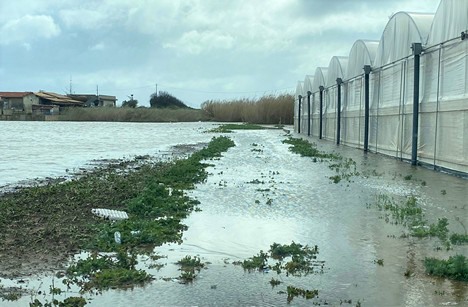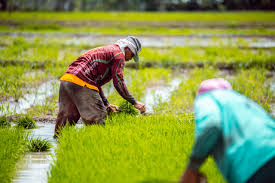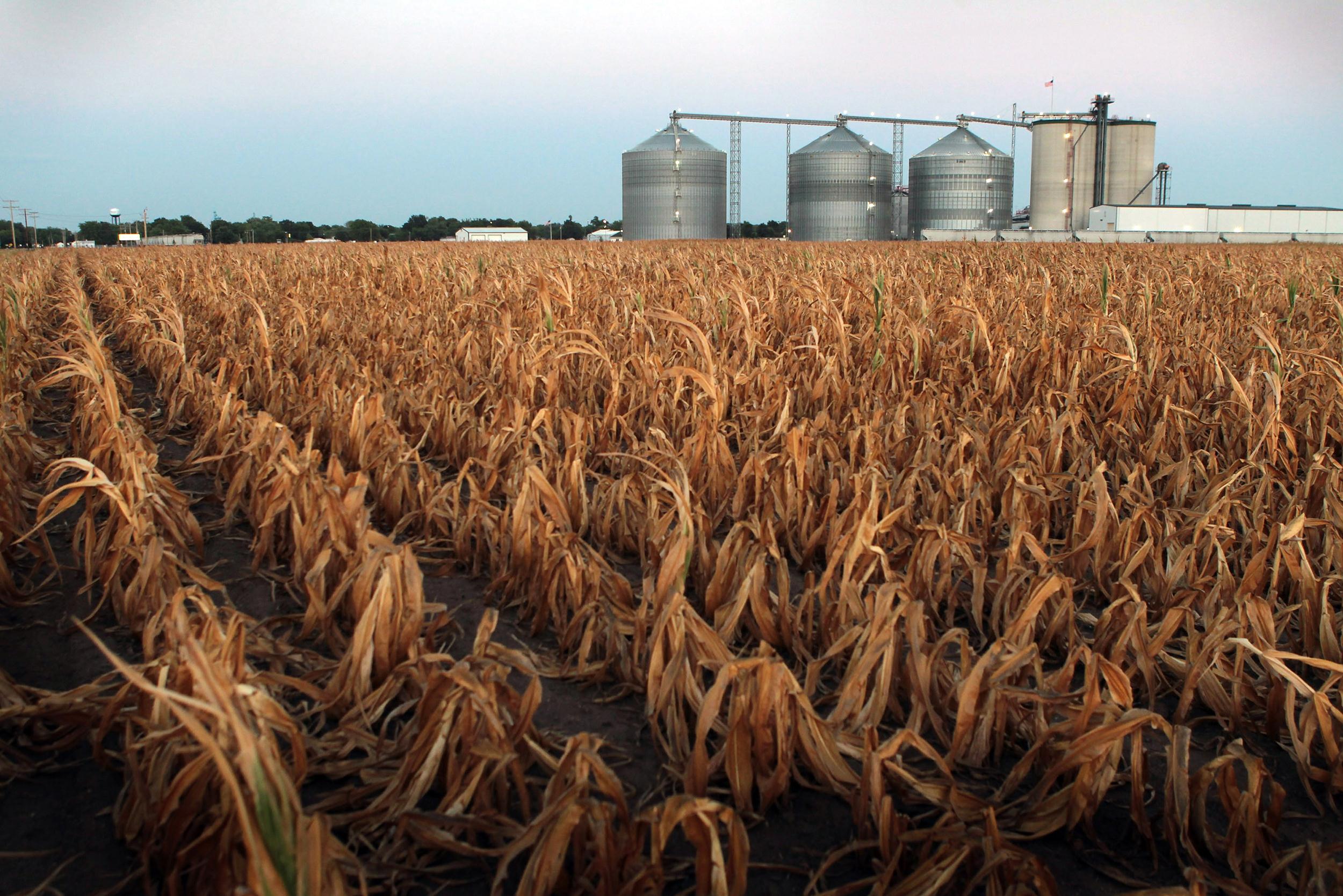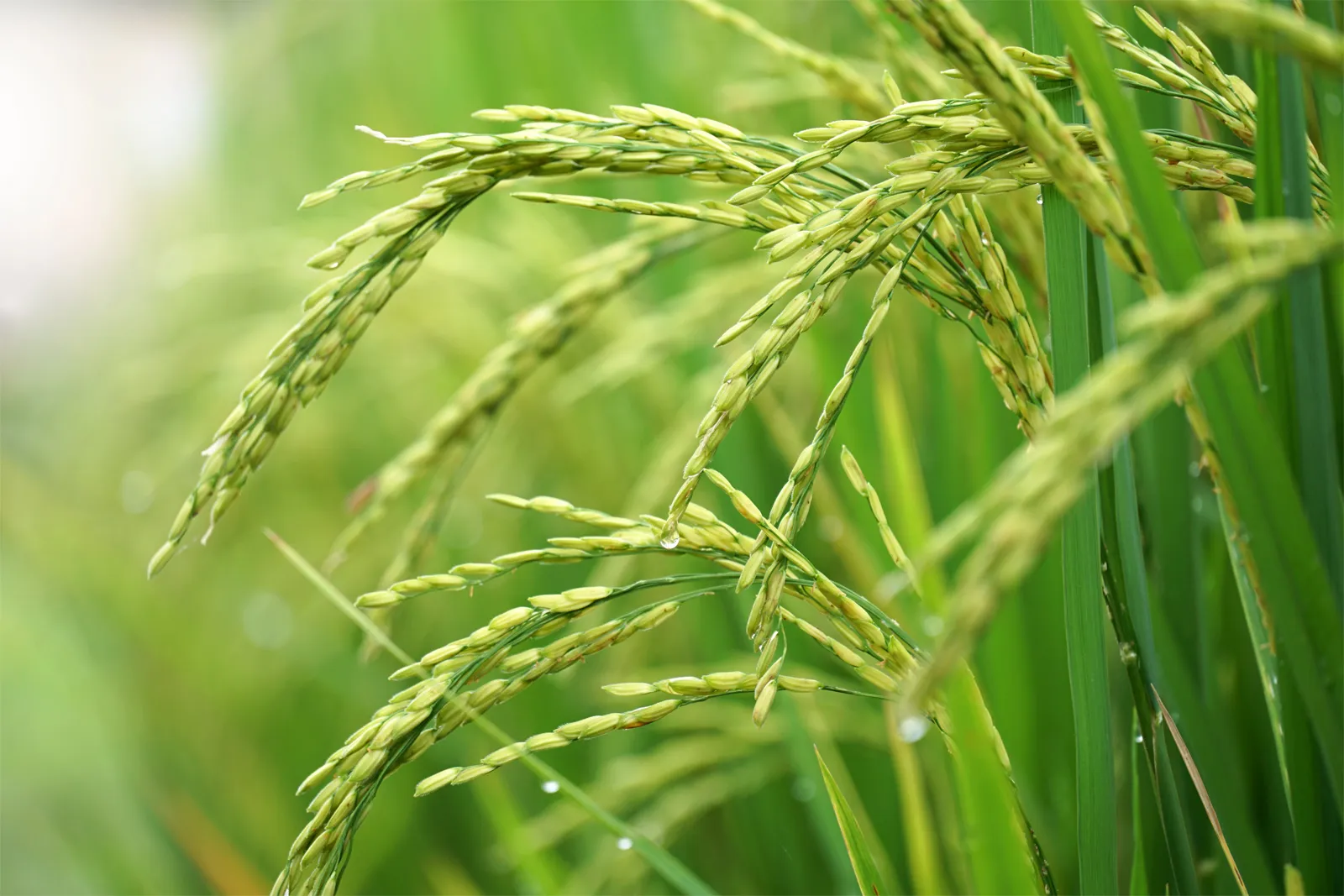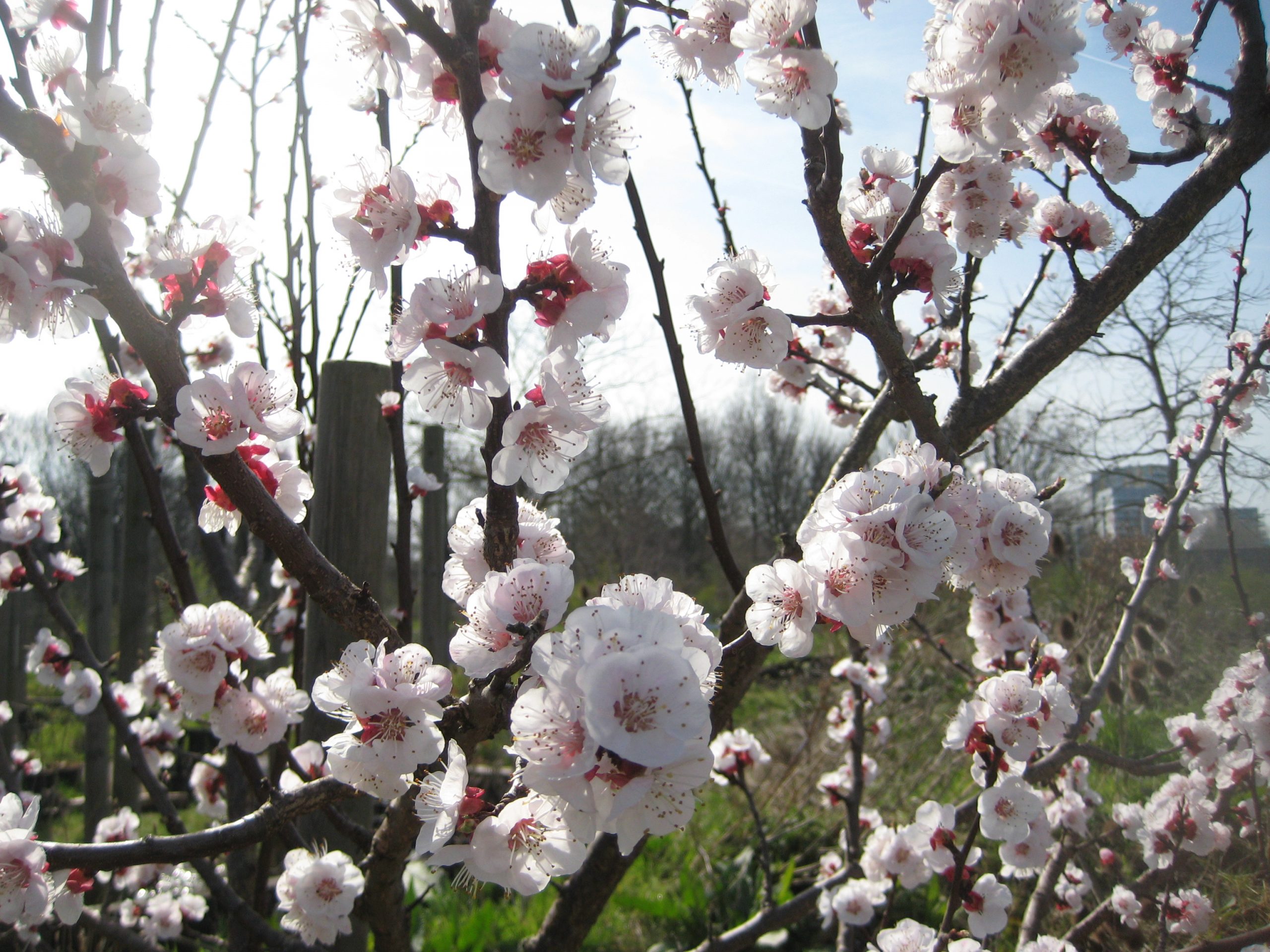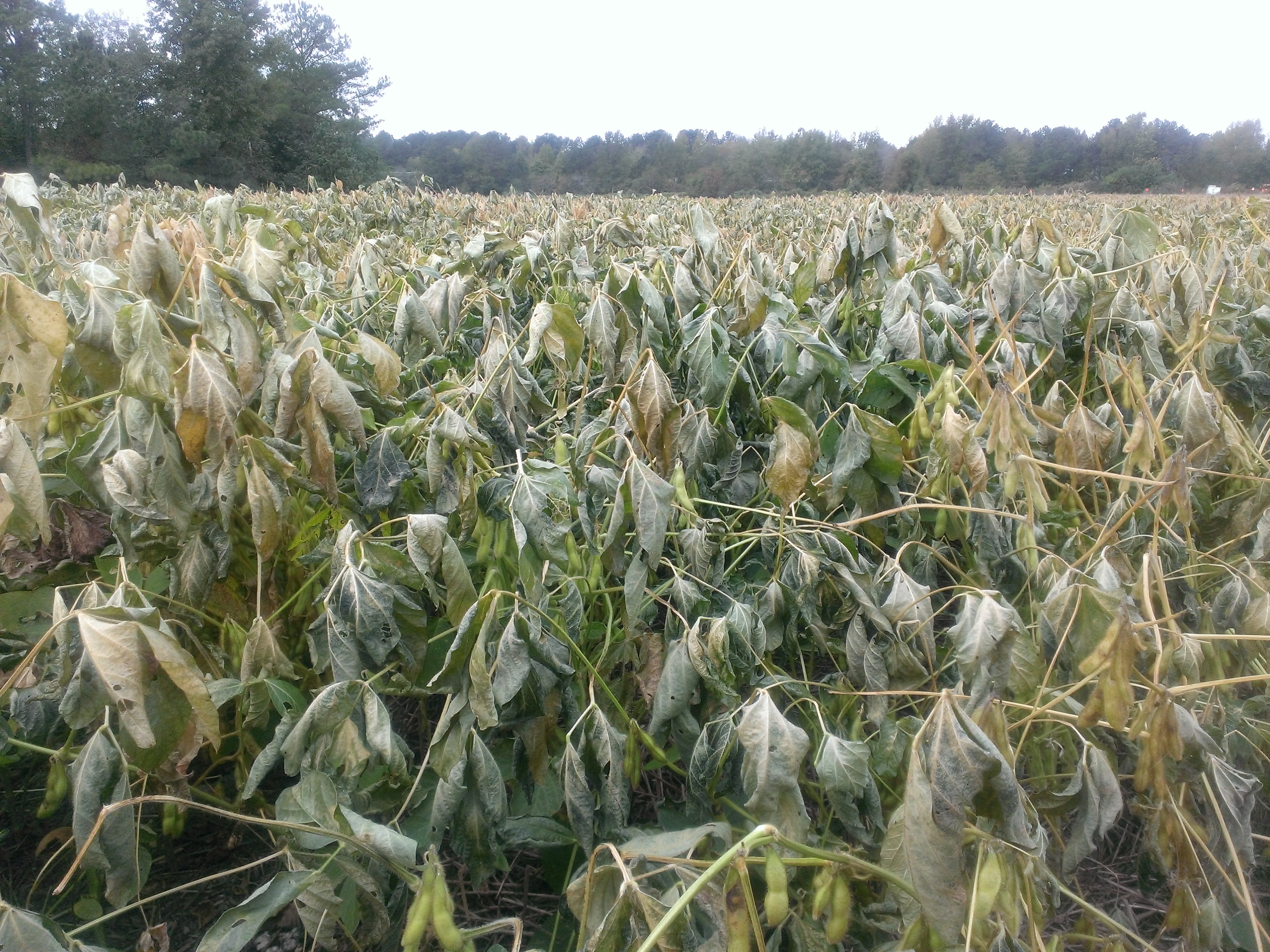Farming is a risky business, but for some of Maine's small farms the challenges are stacking up and secured with red tape. On Wednesday the U.S. Department of Agriculture awarded $810,000 in disaster assistance grant funding to the state of Maine to help farmers and landowners in rebuilding land damaged by Hurricane Irene, which was downgraded to a tropical storm by the time it hit Maine.
However, many of Maine's small farmers will be walking away with empty pockets, like Jim Thurston of Thurston's Family Farms LLC in Peru.
The Thurstons, who started selling produce last year in conjunction with their maple syrup business, were hit hard by Irene.
"We lost $10,000 in produce," Thurston said. "That's not counting the irrigation that got washed away."
The problem for the Thurston's is a requirement in the 2008 Farm Bill that requires all farms to have crop insurance in order to qualify for federal disaster relief.
Thurston said they did not have crop insurance and, being new to the market, were not aware of the requirement. He said the family looked into crop insurance, but the high cost would have cut deep into their start-up budget.
David Handley, co-administrator for Crop Insurance Risk Management Education for Maine, says that it is common for small farmers to go without insurance.
"Tolerance for risk tends to be very high for farmers," he said. "A lot will say 'I'll take the risk rather than the insurance policy.'"
Handley and co-administrator Tory Jackson also said that the 2008 Farm Bill is set up with what they call the Midwest big five in mind: corn, wheat, soybeans, rice and cotton.
In 2007, Time magazine reported that 10 percent of subsidized farmers collected nearly three-quarters of the subsidies, for an average of $35,000 per year. The bottom 80 percent average was $700.
According to some experts, the passing of the 2008 Farm Bill did little but to keep things at status quo.
For Maine that impact can be found in every county across the state. According to the New England Agricultural Statistics Service, of the approximate 8,100 farms in Maine, 5,300 farms had less than $10,000 in sales in 2010.
By and large Maine is a small farm state.
Handley and Jackson's cooperative extension program through the University of Maine is in its 13th year of trying to assist Maine farmers and the government with improving farm legislation.
"Maine was seen as an underserved state by the crop insurance program," Jackson said.
Handley said the crop insurance companies are trying to tweak plans to fit the small-farmer market or direct-market farms, but he said it is still in the early stages.
One of the main crop insurance programs is adjusted gross revenue insurance, which bases premiums on revenue rather than crop and acreage, Jackson said.
However, farmers are only eligible for AGR if they have five years of production on record, Jackson said.
That doesn't help in cases like Thurston's, who is just starting out.
Insurance programs also exist through the Farm Service Agency, which is run by the USDA, but some farmers say even those programs are useless.
Herbert "Bussie" York, who owns Sandy River Farms in Farmington, said he was told by FSA he would need catastrophic insurance in order to receive federal assistance, including loans.
York experienced widespread damage to his crops during Irene, but said his loss was not enough to make him eligible for funds under his crop insurance. He also believed the same would be true for the disaster assistance grants.
York said since he has been in business he has not seen how crop insurance has helped his farm.
"I don't put much value in the catastrophic insurance," he said.
Jackson said an AGR-light program existed and was a step in the right direction "but it still doesn't apply to many farmers I work with."
Peter Ricker, of Ricker Hill Orchards in Turner and Auburn, said he thinks crop insurance is a necessary measure.
Ricker Hill Orchards is a larger farm than Thurston's or York's with 215 to 300 acres of apple trees. During Irene the orchard lost 15 percent of its apples, but Ricker said the farm had an above-average season, so the loss in produce did not affect their sales.
However, Ricker said most of his five- to six-year-old trees broke off at the stump, and his crop insurance, which is $17,000 a year in premiums, would not cover the tree loss.
Ricker said he was working with the USDA to see if the loss of trees would make him eligible for disaster assistance.
Over the past 17 years there have been three major disasters that Ricker said without the crop insurance and disaster assistance his farm likely would have gone under.
"I think it's good for us and good for the country," Ricker said.
Right now a 2012 Farm Bill is working its way through the legislative process, and crop insurance is a key issue. The federal government is saying it can no longer subsidize crop insurance and is asking farmers to pick up the bill.
Ricker says the Farm Bill is normally changed every two to five years, and it is something he's learned to deal with.
"You get used to one thing, and then everything changes," he said. "You just have to stay on top of it and learn to jump through the red tape."
Source - http://www.sunjournal.com/






